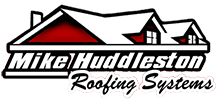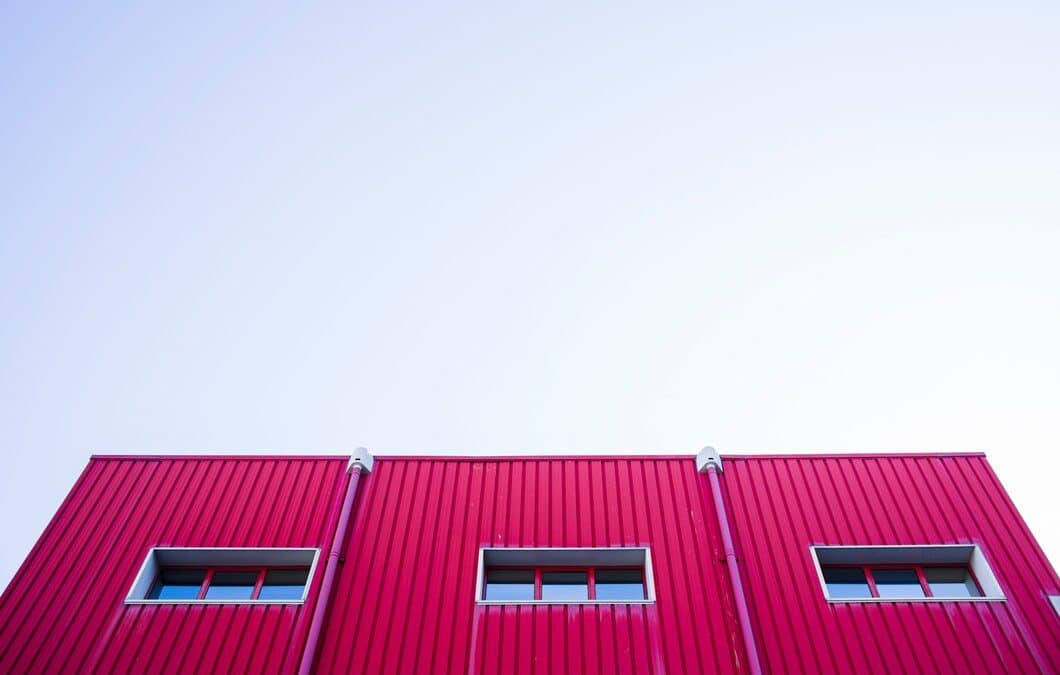A building’s roof does more than protect the structure; it plays a significant role in the value of commercial real estate. As property owners, understanding the impact of roofing on our investment can help us make informed decisions that boost property value. From influencing energy efficiency to affecting the overall durability of the building, roofing choices are crucial.
Decisions about roofing impact the attractiveness of a commercial property to potential buyers and tenants. A well-maintained, high-quality roof signals to investors and businesses that the property is a sound investment. On the other hand, a neglected roof can deter interest and lower the property’s market value.
Considering the relevance of roofing, it’s essential to explore which aspects can have the most significant impact. By focusing on key features, common problems, and maintenance practices, we can ensure our commercial properties remain valuable assets. Let’s delve into how roofing influences commercial real estate value and what every owner should know.
The Impact of Roofing on Commercial Property Value
The condition and type of roofing on a commercial property can greatly affect its overall value. A high-quality roof can enhance structural integrity, making the property more appealing to potential buyers or tenants. On the contrary, a poorly maintained or outdated roof can decrease the property’s market value and deter interest.
Energy efficiency is one of the primary ways a roof can impact property value. Modern roofing materials that offer superior insulation can lower energy costs for heating and cooling. This not only benefits the current occupants but also makes the property more attractive to prospective buyers looking for cost-effective solutions.
Curb appeal is another critical factor. A visually appealing roof can boost the property’s overall aesthetic, contributing positively to its marketability. A clean, well-maintained roof signals to real estate investors that the property has been cared for, suggesting fewer issues in other areas of the building.
Finally, the roof’s lifespan matters. Durable materials and regular maintenance can extend the life of the roof, providing long-term value. Properties with roofs that have a long expected lifespan and come with warranties are often considered safer investments, thereby increasing the property’s overall value.
Key Roofing Features That Boost Property Value
Certain roofing features can significantly boost the value of a commercial property. Familiarizing ourselves with these key aspects can guide us in making smart decisions for roofing upgrades or installations.
First, energy-efficient roofing is highly valuable. Cool roofs, for example, are designed to reflect more sunlight and absorb less heat. This can lead to lower energy bills and a more comfortable indoor environment. Energy-efficient roofs are a top selling point for eco-conscious buyers and tenants.
Next, quality materials play a crucial role. High-end options such as metal, slate, or advanced composite shingles can offer better durability and longer lifespans. These materials tend to be more resistant to extreme weather conditions, reducing the need for frequent repairs and increasing the roof’s longevity.
Roof warranties can also add value. A solid, long-term warranty from a reputable manufacturer provides buyers peace of mind, knowing that they are protected against potential future issues. Warranties can greatly affect a property’s attractiveness by assuring prospective buyers that they won’t face unexpected roofing costs after purchase.
Lastly, professional installation adds to the property’s value. Working with experienced and certified roofing contractors ensures that the roof is installed correctly and meets all safety standards. This reduces the risk of future problems and helps maintain the roof’s condition over time.
By focusing on energy efficiency, high-quality materials, warranties, and professional installation, we can enhance the value of our commercial properties and attract more buyers or tenants.
Common Roofing Problems That Can Decrease Value
Certain roofing problems can significantly decrease the value of commercial properties. Identifying and addressing these issues promptly is essential to maintain property worth.
Leaks are a common problem that can cause severe damage if left unchecked. Water infiltration can lead to structural damage, mold growth, and damaged insulation. These issues not only result in costly repairs but also diminish the property’s appeal to potential buyers or tenants.
Poor installation is another major concern. An improperly installed roof can lead to a host of problems, including poor insulation, uneven wear, and increased maintenance costs. Ensuring the roof is installed correctly from the start can save us from future headaches and keep property values high.
Aging and wear are inevitable but can be managed. Over time, roofing materials deteriorate due to weather conditions and regular wear and tear. Signs of aging such as curling shingles, granule loss, or rust can signal the need for repairs or replacement to maintain the property’s integrity and value.
Ponding water on flat roofs poses a significant risk. Standing water can accelerate material breakdown and lead to leaks. Proper drainage systems are crucial for flat roofs to prevent this issue and protect the property’s value.
By staying vigilant and addressing these common problems promptly, we can prevent value loss and ensure our commercial properties remain attractive investments.
Best Practices for Maintaining High-Value Commercial Roofs
Maintaining the roof of a commercial property is vital for preserving its value. Following best practices can help extend the roof’s lifespan and keep the property in top condition.
Regular inspections are crucial. Scheduling routine checks, at least twice a year, and after major weather events can help us spot potential issues early. Look for signs of damage such as cracks, leaks, or missing shingles. Early detection allows for prompt repairs, minimizing damage and expenses.
Proper drainage is essential, especially for flat roofs. Ensure that gutters and downspouts are clean and free of debris. Install additional drainage solutions if needed to prevent ponding water, which can cause severe damage over time.
Investing in quality materials can make a significant difference. High-grade roofing materials offer better durability and weather resistance. While the initial cost may be higher, the long-term benefits include reduced maintenance needs and longer service life.
Routine maintenance is key. This includes cleaning the roof surface, checking for and removing debris, and ensuring all roofing components are in good condition. Engage professional roofing services for more thorough inspections and maintenance tasks.
By adhering to these best practices, we can maintain the roof’s integrity, ensuring our commercial property remains a valuable and safe investment.
Conclusion
The condition of a commercial roof plays a significant role in property value. From enhancing curb appeal to ensuring energy efficiency, a well-maintained roof can make a substantial impact. By investing in key roofing features, addressing common problems promptly, and following best maintenance practices, we can maximize our property’s value and appeal to potential buyers and tenants.
At Mike Huddleston Roofing Systems, we understand the importance of a high-quality roof for your commercial property. Contact us today to explore our professional roofing services and find out how we can help you maintain and enhance the value of your investment.

